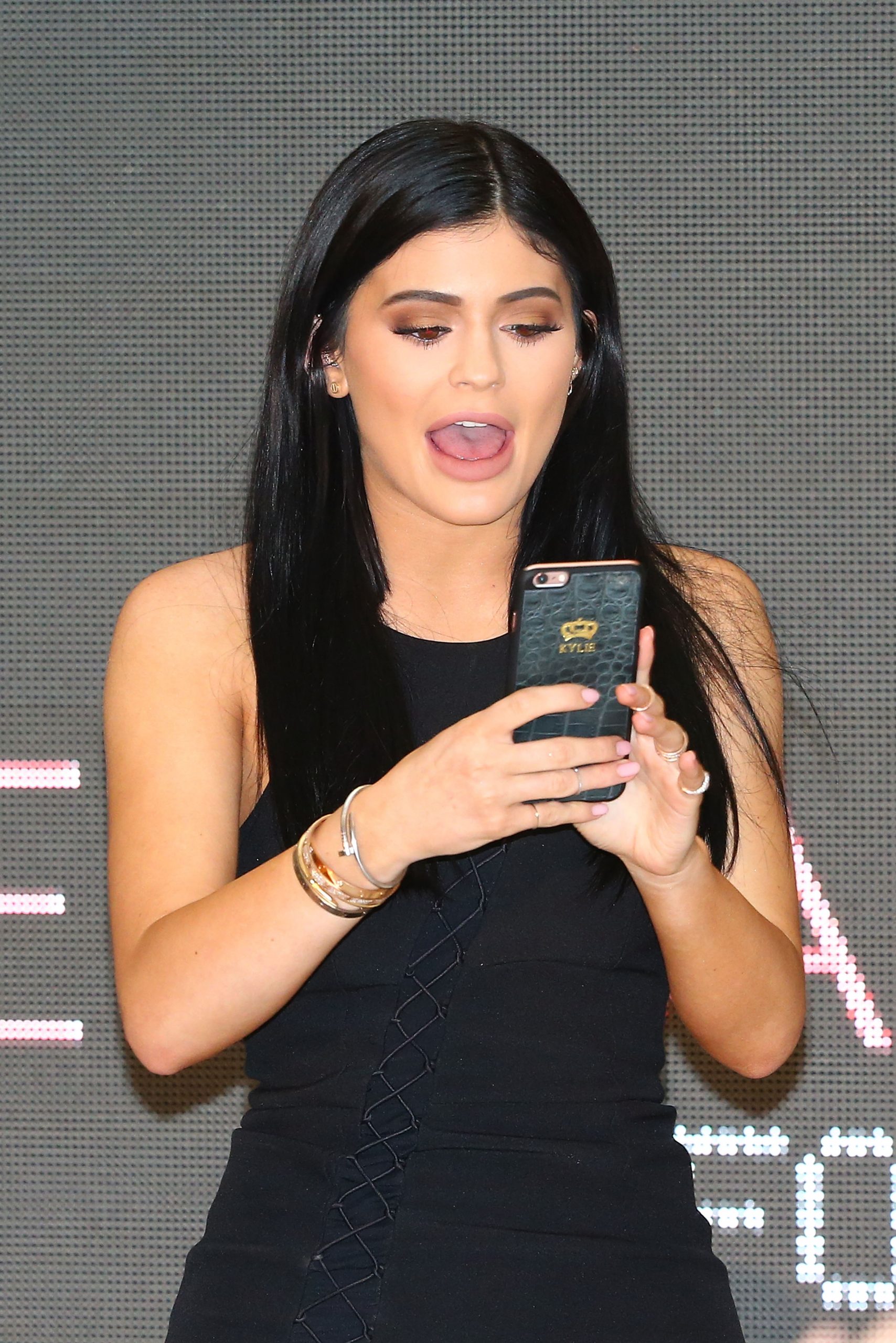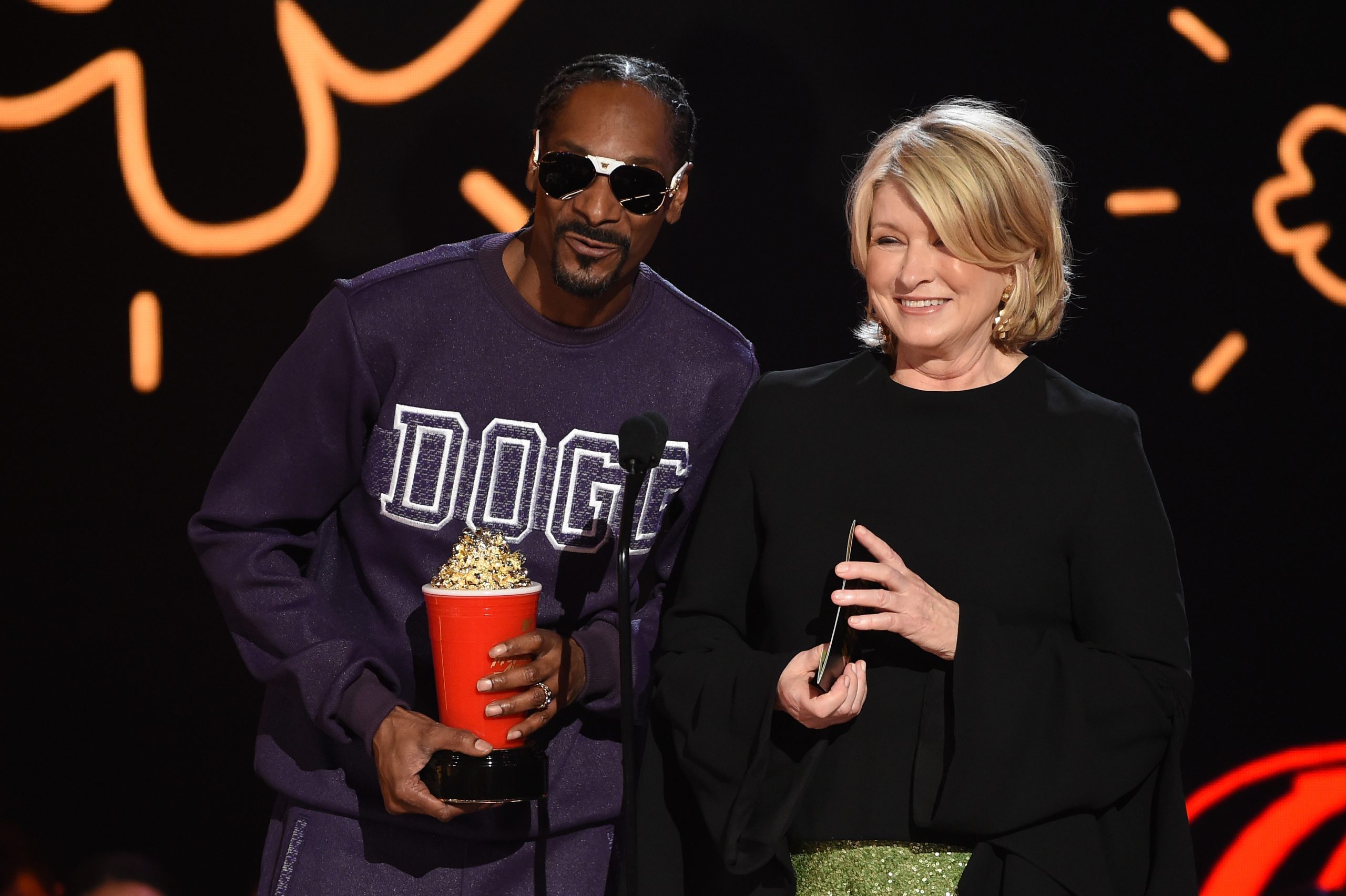Everybody communicates through texting, but not everyone texts in the same way or for the same purpose.
Like, texting your boss is not like texting your family, and neither of those are the same as texting your friends … or potential romantic interests.
Because of the need for alacrity and the wider array of visual communication tools — like emojis — sometimes older folks are at a loss for what younger people are saying — especially if we’re talking about a parent nosing through their teen’s private messages that are none of their business.
Well, ever since the dawn of AOL Instant Messenger — remember that? — news articles have been publishing “translations” of what the youths mean when they use abbreviations and slang.
Here’s a guide to some of the most frequent text-isms …
100
This just means that something is true or honest. It means that something’s “100%” accurate. That’s where the “100” comes from.
Eggplant
With the exception of Rob Kardashian, who once used the emoji to talk about literal food, everyone uses this to refer to a penis — or to sex, even if the sex in question won’t involve a penis. It could literally just be a reference to a hot guy rather than actual plans involving his penis.
Droplets
These *can* refer to ejaculation, but they can also just be the sweat droplets of someone who’s nervous around their crush or about a test. So no, parents, if they say “I gotta take a test real quick” followed by that emoji, it doesn’t mean that academics turn them on.
Peach
The peach emoji means a butt. It looks like a shapely butt and it always means a butt. Usually we see it in terms of people talking about how they or others look in various pants.
WTTP

WTTP is an acronym for “want to trade pictures.” Generally speaking, most people aren’t going to use this because most people are too discerning to just randomly fire off some nudes at someone who can’t even use the words, but sure.
Turnt and Lit

Most people don’t say “turnt” anymore unless they mean it ironically. “Lit” is still a word, both basically just mean “turned up.” They CAN refer to intoxication or drug use, but generally they just mean that a party is exciting or wild.
Snatched

This one is so silly. Okay, so people will say “snatched” as in “that dress is snatched” and no, it does not mean that anything is stolen. It’s just gay slang that made it into the mainstream, and it means that the dress looks super nice.
SMH

SMH means “scratching my head,” or alternatively “smacking my head.” Basically, the contemporary version of “facepalm,” which was just the early 2000s version of “I’m so embarrassed either for myself or for someone else or perhaps frustrated that I’m striking my palm to my face for dramatic effect.”
Netflix and Chill

This one is years old. “Netflix and Chill” 100% means making out at the very least. This isn’t a new idea. Before Netflix, the line was just: “Want to come over and *not* watch a movie with me?”
MOS

MOS means “Mom Over Shoulder,” as in “my mother is looming nosily over my shoulder like the world’s lamest parrot, watching our conversation because she has boundary issues; please do not get me grounded.” Like “CD9,” this one isn’t especially real. People tend to use prearranged codes between friends instead of universal codes.
KMS

This one’s a little more serious than others — KMS means “kill myself,” and KYS means “kill yourself,” but while freely discussing mental illness and even joking about very real suicidal ideation is part of Millennial culture (instead of just suffering in silence), someone who uses KMS is almost certainly not talking about actual plans, but just expressing embarrassment. KYS is super hostile, though.
Dabbing

Can “dabbing” refer to drug use? Sure. The vast majority of the time, though, if someone’s talking about dabbing or saying “he dabbed,” they mean the awkward dance … that’s so very 2016.
Basic
“Basic” can mean someone who’s boring or even conformist … but it often just means that someone is dumb or difficult to like. And really this term has been dated for a few years, and is now more likely to be used ironically or in a self-derogatory manner.
AF

Yes, “AF” does stand for “As F–k,” and it just means “very.” As in, “the sky is beautiful AF” means that “the sky is very beautiful.”
9 or CD9

Like “MOS,” this supposedly signals that a parent is nearby. People tend to use personal, customized codes for these things. We’ve seen one instance where someone posts a tall image of a Naruto character as a nonverbal warning when a parent’s nearby; “Safe-for-Work Sasuke” conveys a message and conveniently pushes recent messages out of view.
FAM

FAM is short for “family,” and it’s how people refer to their friends. Verbally as well as online. These are people you love and trust, and are certainly more trustworthy than a parent who would violate their child’s privacy to snoop through their texting history.
